I am an artist. I am disabled. In my experience, surviving this world as a queer disabled person is an art form all on its own. Most of the time my art lives in conversations, daily routines, in the ways I care for my body, my nest, my relationships, in the ways I slow down and tune in, over and over. It is an art to carve out space for yourself in a world that doesn’t even realize you’re missing from it.
There is a cycle I’m very familiar with—where the world (a building, an event, a process) is inaccessible, therefore disabled people can’t show up, therefore we are thought to be rare and unimportant, and thus this inaccessibility feels justified—rinse and repeat. It’s hard to not be able to go where I want to go. It’s hard to watch queer communities gather in spaces I can’t go in my wheelchair, to feel the way desirability politics drive so many opportunities for social connection. It’s hard to watch queer communities throw COVID caution to the wind, leaving so many behind. It is an art to fight inaccessibility at every turn. It is an art to create meaning in so much isolation and precarity. Connecting with other queer and disabled people online in my twenties was the first time I ever felt a sense of home, of recognition.
I have had many layers of self discovery, coming to recognize myself more and more authentically. I was born physically disabled and started experiencing chronic illness in my teens. I was trapped in a very repressive environment for my first twenty years. Then, in my early twenties, I realized I am queer. Then I started to learn about disability as a political identity, and the ways in which all oppression is connected. I learned about how I’ve been shaped by white supremacy culture, what it means to be both oppressor and oppressed. Then I learned that I have ADHD. In my early thirties I realized I am nonbinary. And most impactful of all, I realized I am autistic. All of these layers have helped me find so much rich meaning after the chaos and powerlessness of my early years.
After living on both the East and West coasts, I moved to Madison several years ago, and have been excited to connect with other other queer, trans, neurodivergent, and disabled people here.
It is an art to create and maintain a sense of pride in a body like mine. To me, disability pride means externalizing the shame that ableism has often forced me to internalize in order to survive in this world. It means holding up a mirror to each other as disabled people, so that when you see my dignity, my worth, you realize that I am looking at you with the same admiration and affection. Offering each other this recognition of our shared humanity.
Disability has informed every minute of every day I have lived on this planet. Pride for me is about integrating this, claiming this as part of the many things that make me who I am. And inviting you to do the same. Pride is also about embracing what life has taught me, that we need each other. This feels so important that I will say it again and again, to everyone I meet. We need each other. We need each other.

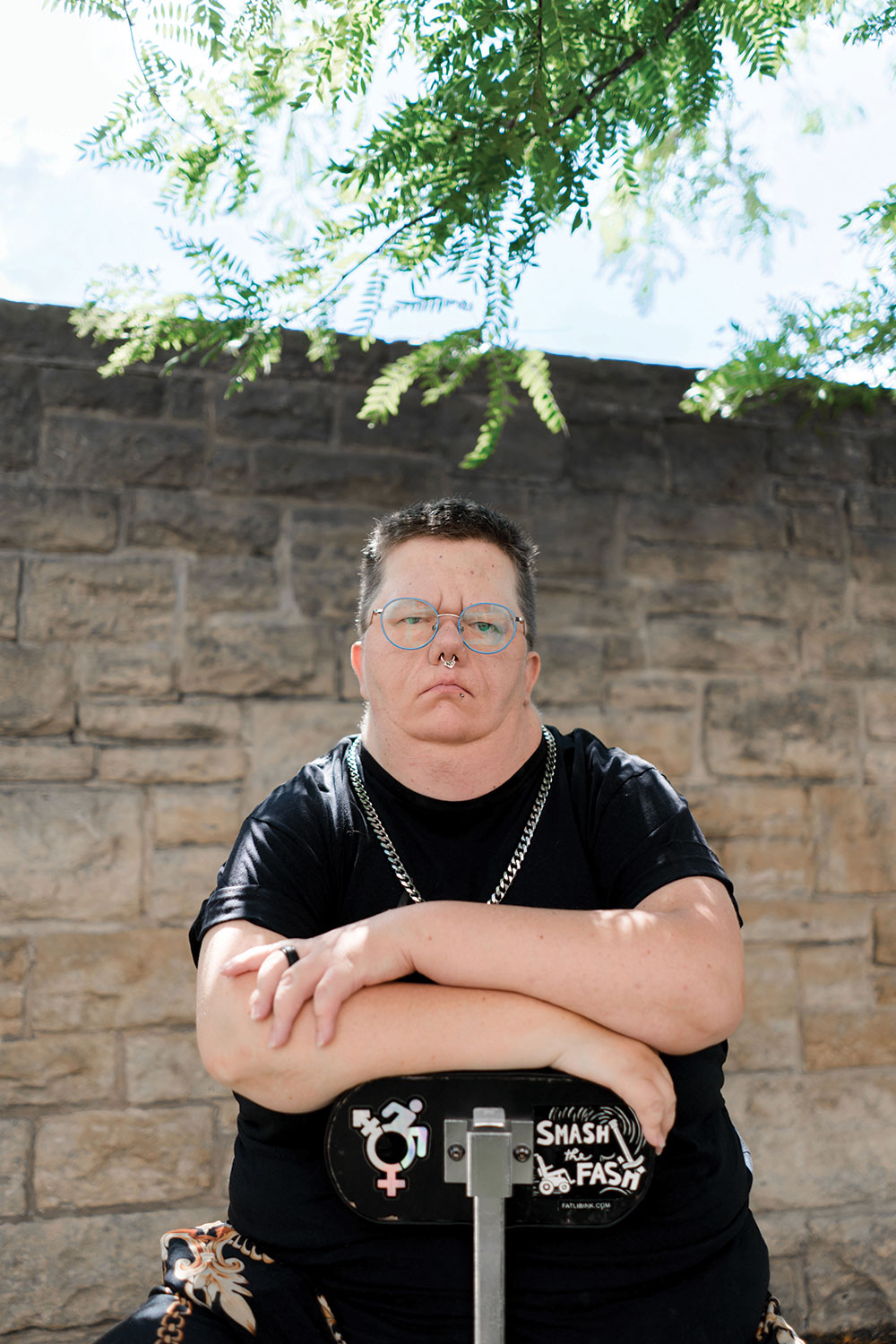
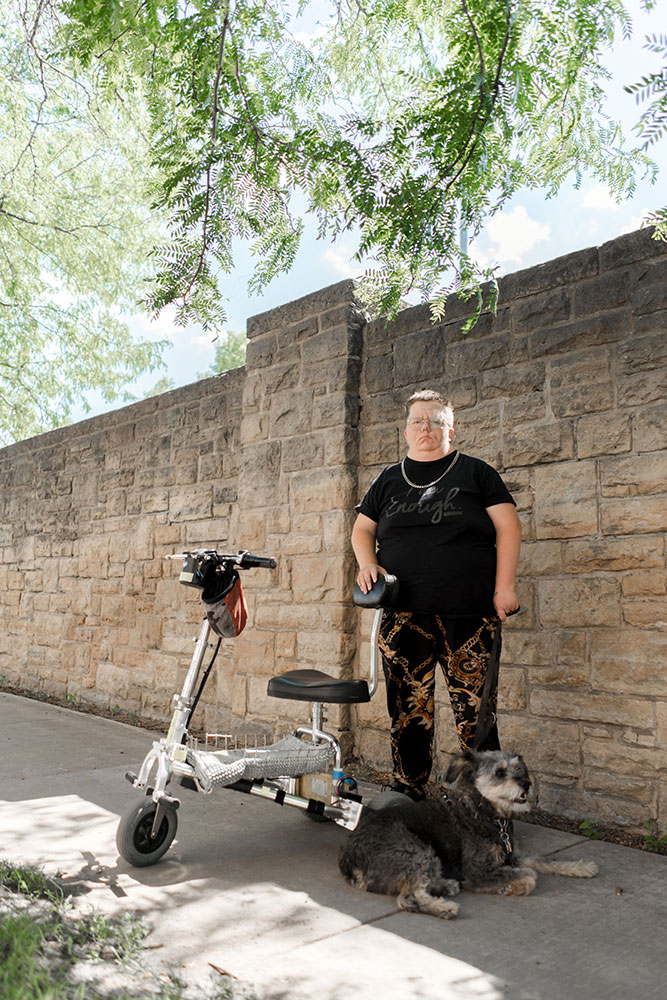

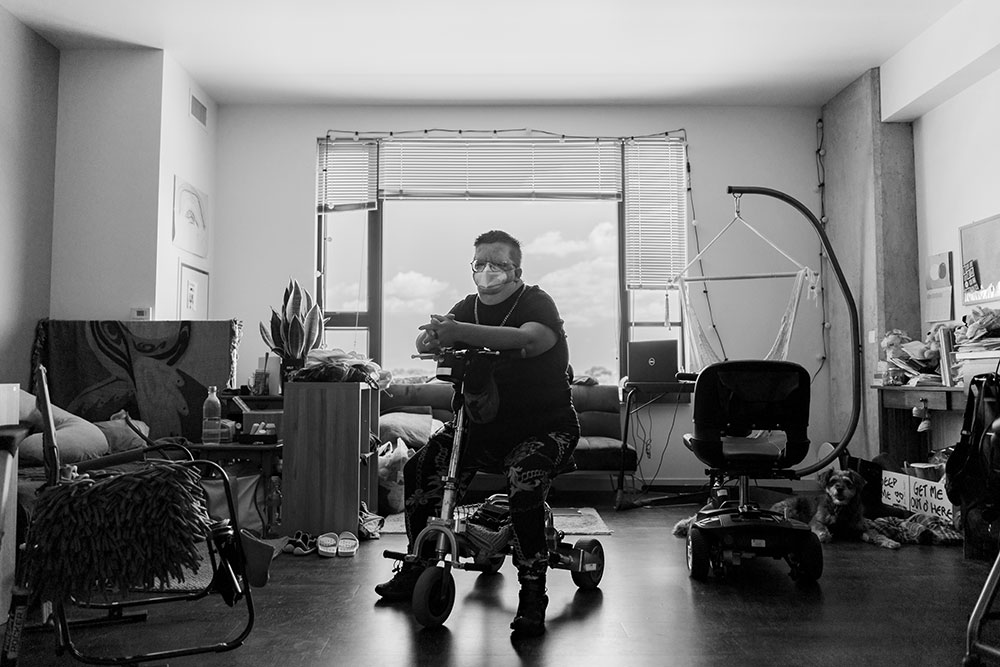




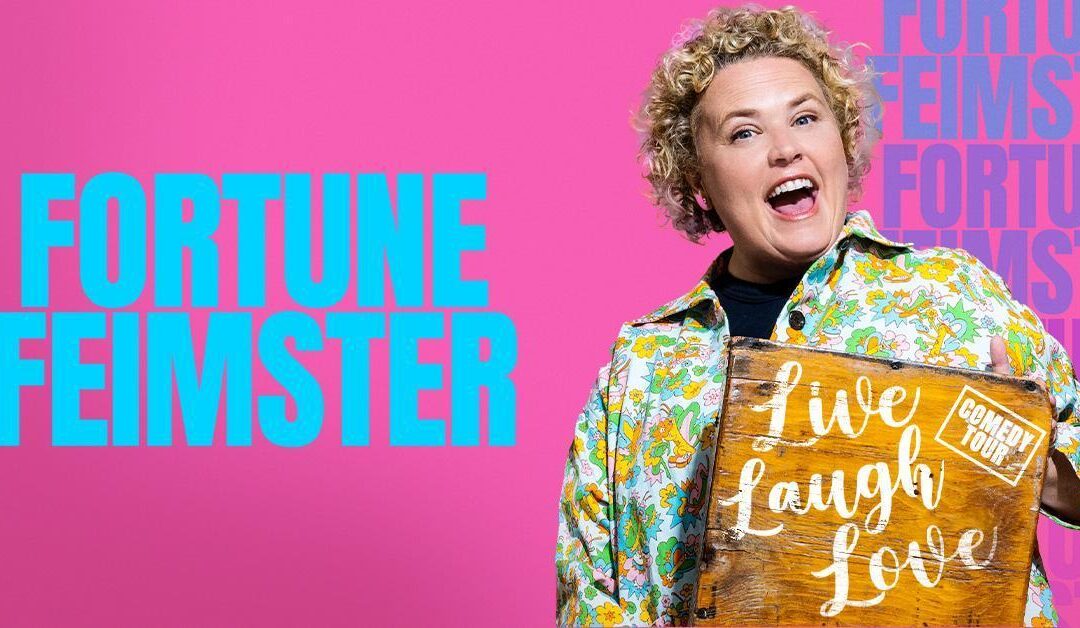
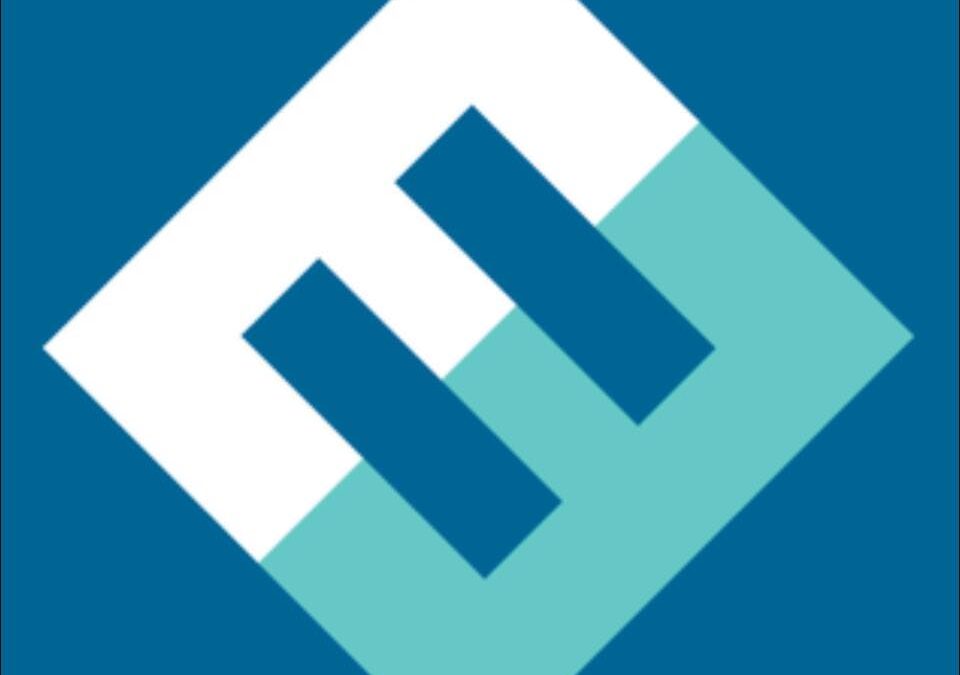
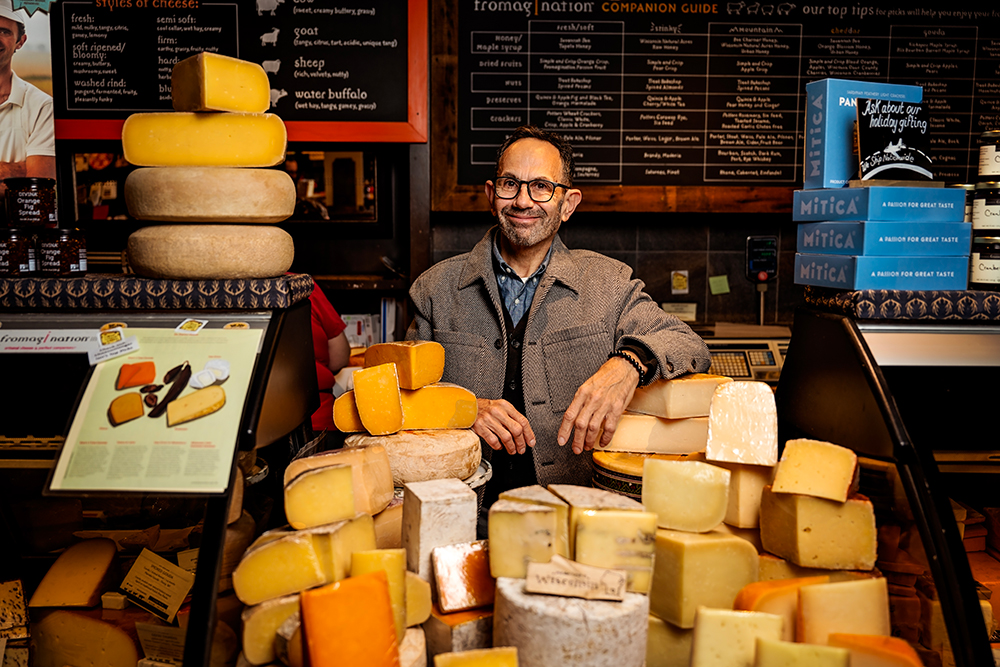
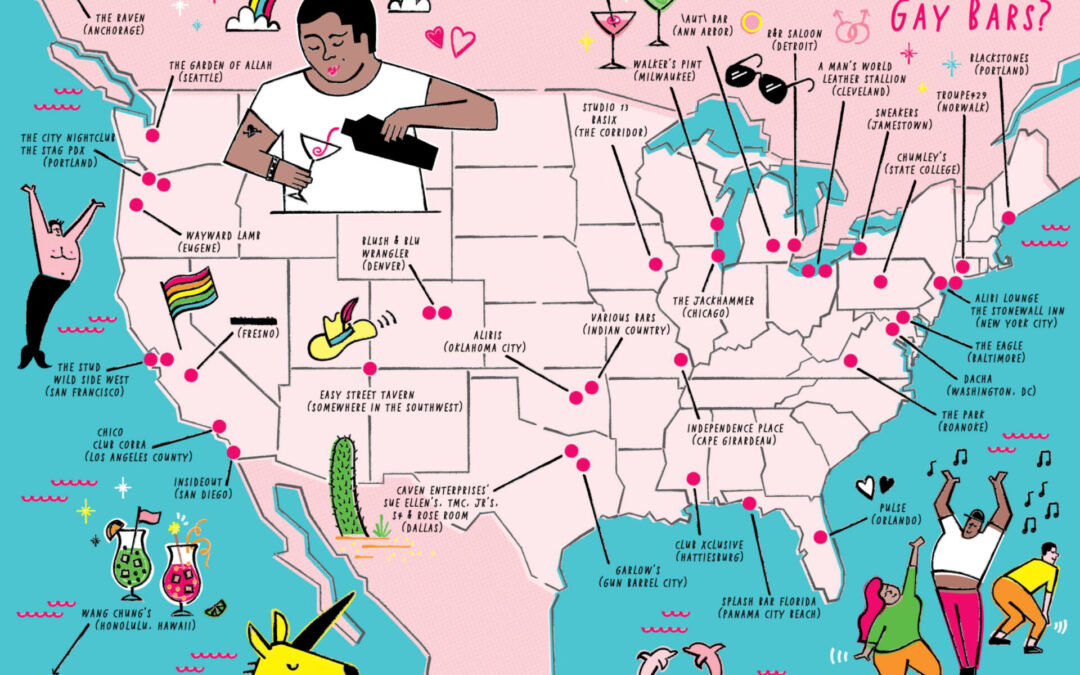
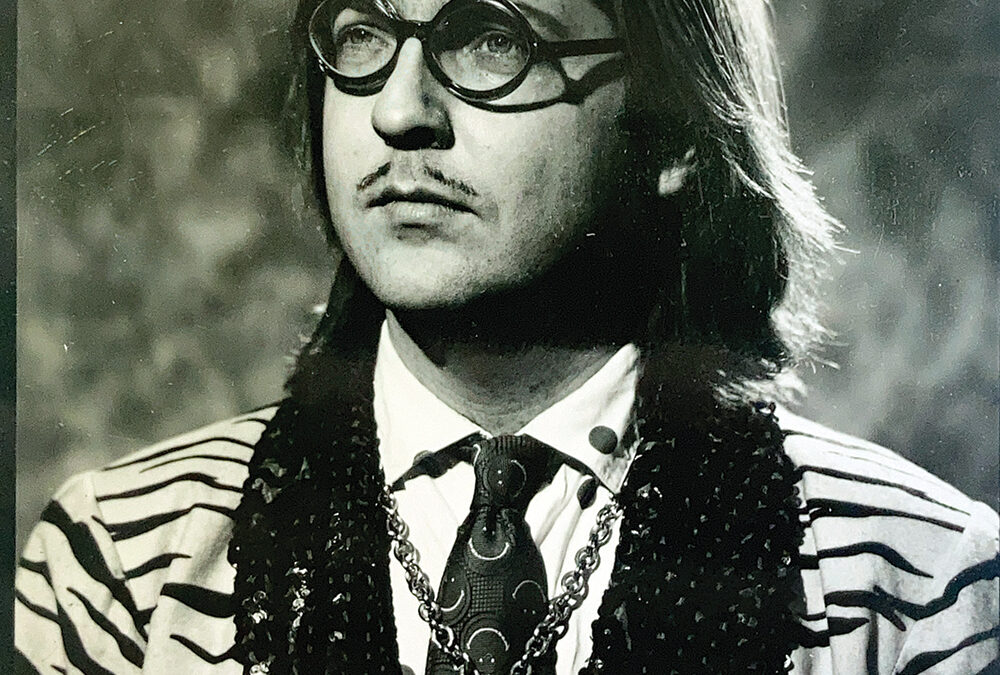

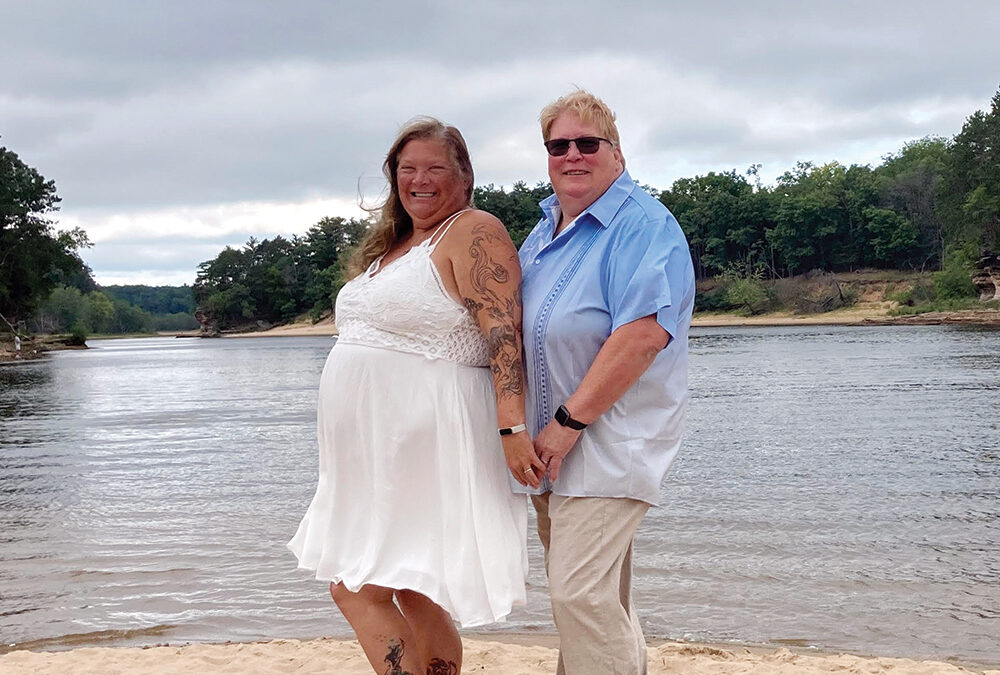
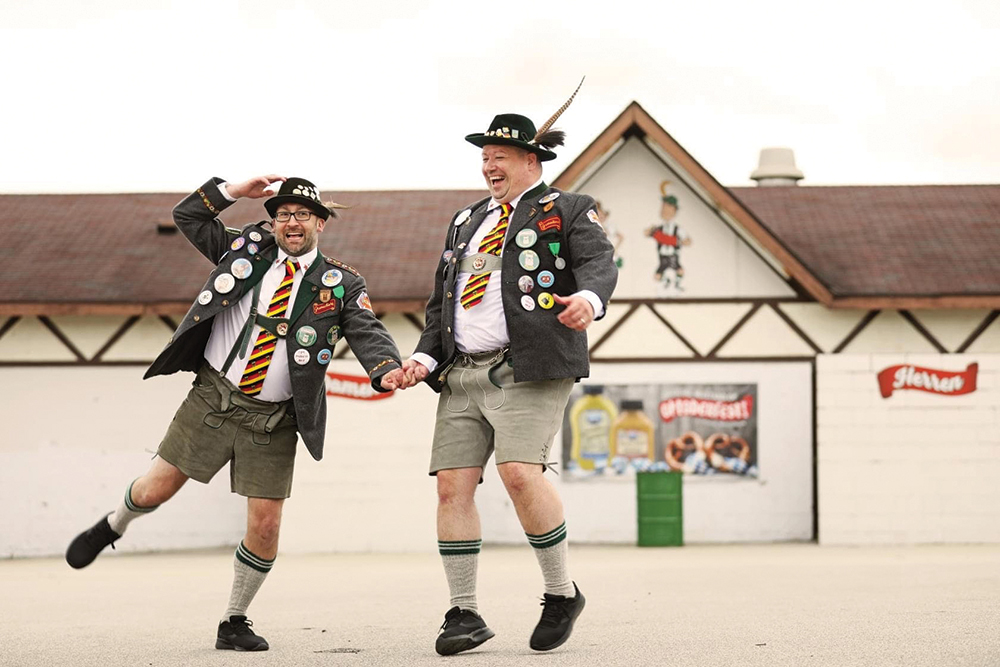
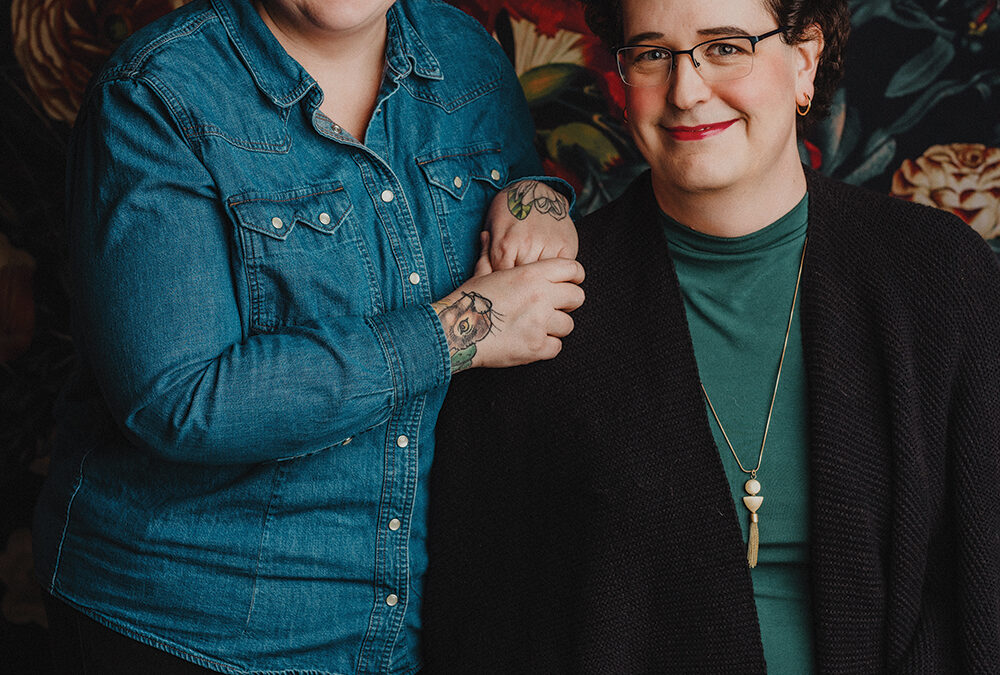





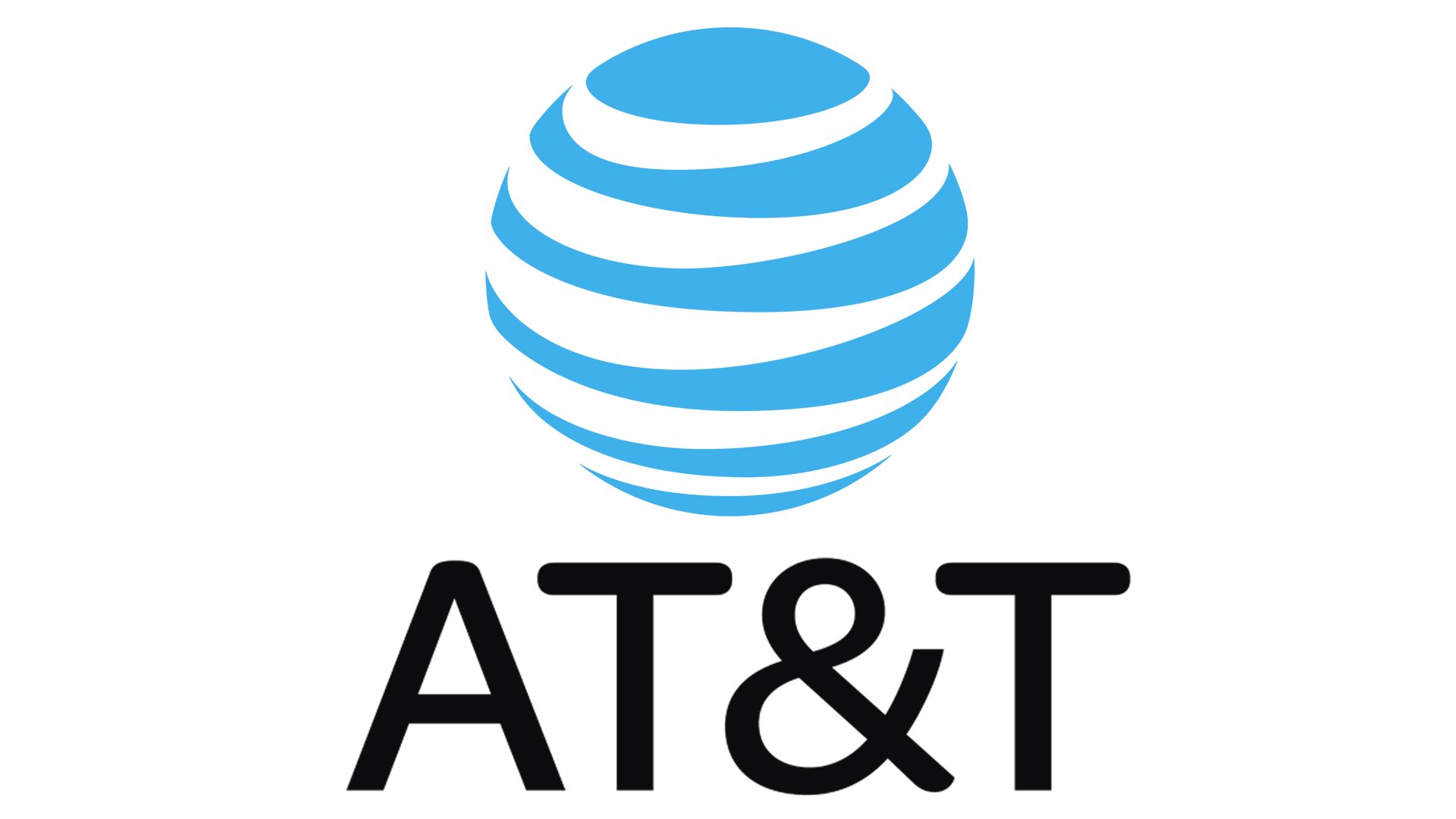



0 Comments